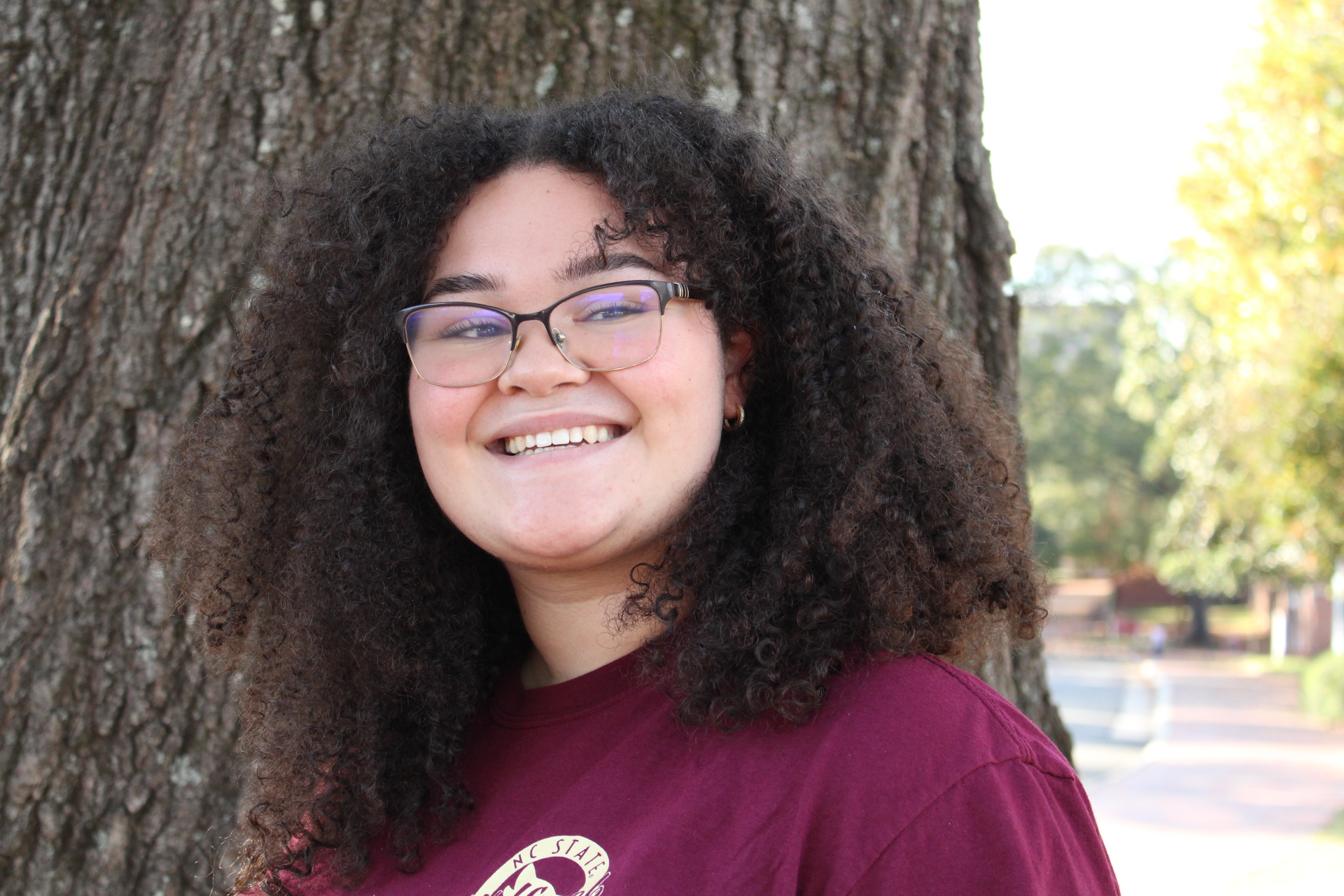How To Say Goodnight In Swahili: A Complete Guide To Meaning And Usage
Have you ever been curious about how to say goodnight in Swahili, one of Africa's most widely spoken languages? Swahili, also known as Kiswahili, is not just a language but a cultural bridge that connects millions of people across East and Central Africa. Saying goodnight in Swahili is not just a linguistic expression; it’s a heartfelt gesture that reflects warmth, care, and respect for the person you are addressing. Whether you're traveling to Swahili-speaking regions, learning the language, or simply interested in understanding global cultures, this article will provide you with everything you need to know about the phrase "goodnight in Swahili."
Swahili, with its melodious tones and rich vocabulary, is the official language of countries like Tanzania and Kenya and is widely spoken in Uganda, Rwanda, Burundi, and even parts of the Democratic Republic of Congo and Mozambique. The phrase "goodnight" in Swahili is "Usiku Mwema," a simple yet profound expression that resonates with the culture's emphasis on community and harmony. But did you know there are different ways to say goodnight depending on the context, relationship, and even the time of the night? This article will delve into the linguistic, cultural, and practical aspects of saying goodnight in Swahili, ensuring you're well-equipped for both casual and formal conversations.
In this comprehensive guide, we’ll explore the origins of the Swahili language, dissect the phrase "Usiku Mwema" to understand its literal and cultural meanings, and even go beyond by learning how to say goodnight in different settings. From bedtime rituals in Swahili-speaking households to how this phrase is used in songs, literature, and even social media, you'll gain a thorough understanding of its significance. So, let’s dive in and learn not just how to say goodnight in Swahili, but also how to say it with the heart and soul that the language deserves.
Read also:The Ultimate Guide To The Best Athome Highlighting Kits
Table of Contents
- What is the Swahili language?
- Why learn how to say goodnight in Swahili?
- How do you pronounce goodnight in Swahili?
- The meaning behind "Usiku Mwema"
- Cultural significance of saying goodnight in Swahili
- How to use goodnight in Swahili in different contexts?
- Common synonyms and phrases for goodnight in Swahili
- How do Swahili-speaking people say goodnight to children?
- Examples of goodnight in Swahili conversations
- What are the greetings related to goodnight in Swahili?
- Can goodnight in Swahili be used formally?
- How to write goodnight in Swahili in texts and social media?
- Goodnight in Swahili in songs and literature
- How can goodnight in Swahili strengthen connections?
- Frequently Asked Questions
What is the Swahili language?
Swahili, or Kiswahili as it is locally known, is a Bantu language that has evolved over centuries, primarily along the East African coast. The language is a product of cultural interactions between native African communities and traders from the Arab world, India, and Europe. Today, Swahili serves as a lingua franca for over 150 million people, making it one of the most spoken languages in Africa.
The language is deeply rooted in the culture and history of the region. It is the official language of Kenya and Tanzania and is widely spoken in Uganda, Rwanda, Burundi, and parts of Mozambique and the Democratic Republic of Congo. In 2021, Swahili was even recognized as one of the working languages of the African Union, further cementing its importance on the continent.
Swahili is written using the Latin alphabet, and its vocabulary is enriched by loanwords from Arabic, Portuguese, German, and English. This linguistic diversity makes Swahili a fascinating language to learn and speak. Understanding phrases like "goodnight in Swahili" opens a door to not just linguistic knowledge but also cultural appreciation.
Why learn how to say goodnight in Swahili?
Learning how to say goodnight in Swahili is more than just acquiring a phrase; it’s about immersing yourself in a culture that values relationships and community. Here are some compelling reasons to learn this simple yet meaningful phrase:
- Travel: Whether you’re visiting Tanzania, Kenya, or Zanzibar, knowing how to say goodnight in Swahili can make your interactions with locals more authentic and memorable.
- Cultural Appreciation: Swahili is a language of poetry and music. Saying "Usiku Mwema" is like participating in a cultural ritual that has been passed down through generations.
- Building Connections: Language is a bridge. By learning phrases like "goodnight in Swahili," you show respect and effort, which can lead to deeper connections.
Moreover, learning Swahili phrases can be a stepping stone to mastering the language, opening doors to understanding East African literature, music, and even business opportunities.
How do you pronounce goodnight in Swahili?
The phrase "goodnight in Swahili" is "Usiku Mwema," pronounced as [oo-SEE-koo MWEH-mah]. Let’s break it down:
Read also:Discover The Ultimate Guide To Breakfast Delights In Houston Tx
- Usiku: This means "night" and is pronounced as [oo-SEE-koo].
- Mwema: This translates to "good" and is pronounced as [MWEH-mah].
When spoken together, the phrase flows melodiously, reflecting the natural rhythm of the Swahili language. Practicing the pronunciation will help you say it confidently and with the proper intonation, making your effort appreciated by native speakers.
The meaning behind "Usiku Mwema"
The phrase "Usiku Mwema" is more than just a way to say goodnight; it carries cultural and emotional significance. Let’s break it down:
- Literal Meaning: The phrase translates directly to "Good Night," with "Usiku" meaning "night" and "Mwema" meaning "good" or "pleasant."
- Cultural Context: In Swahili-speaking cultures, saying goodnight is a way to wish someone peace and safety as they rest. It’s a gesture of care and goodwill.
Unlike in some cultures where goodnight is merely a formality, in Swahili, it’s a sincere wish for the person’s well-being, making it a meaningful part of daily interactions.
Cultural significance of saying goodnight in Swahili
The act of saying "Usiku Mwema" goes beyond words; it reflects the values and traditions of Swahili-speaking communities. Here’s why it’s significant:
- Community-Oriented Culture: Swahili culture places a strong emphasis on community and relationships. Saying goodnight is a way to nurture these bonds.
- Spiritual Overtones: In many Swahili-speaking households, goodnight is accompanied by prayers or blessings, adding a spiritual dimension to the phrase.
- Respect and Politeness: Using phrases like "Usiku Mwema" shows respect and good manners, key pillars of Swahili culture.
This cultural depth makes "Usiku Mwema" more than just a phrase; it’s a reflection of the community's values.
How to use goodnight in Swahili in different contexts?
Saying goodnight in Swahili can vary depending on the situation and the relationship between the speaker and the listener. Here are some contexts to consider:
- Formal Settings: Use "Usiku Mwema" when addressing elders, colleagues, or strangers to show respect.
- Casual Settings: Among friends or peers, you might hear variations like "Lala Salama," which means "Sleep Peacefully."
- To Children: Parents often say "Lala Salama, mtoto wangu," which means "Sleep peacefully, my child."
Understanding these nuances ensures you use the right phrase in the right context, enhancing your linguistic and cultural competence.
Common synonyms and phrases for goodnight in Swahili
While "Usiku Mwema" is the standard way to say goodnight in Swahili, there are other phrases you might encounter:
- Lala Salama: Sleep peacefully. Commonly used in casual conversations.
- Ndoto Njema: Sweet dreams.
- Kwaheri ya Usiku: Goodbye for the night. Often used when parting ways in the evening.
These variations enrich your vocabulary and allow you to express yourself more flexibly in Swahili.
Frequently Asked Questions
- What does "Usiku Mwema" mean?
It means "Good Night" in Swahili. - Is "Usiku Mwema" used formally or casually?
It can be used in both formal and casual settings. - What is a synonym for "goodnight in Swahili"?
"Lala Salama," which means "Sleep Peacefully." - Can I use "Usiku Mwema" in a text message?
Yes, it’s commonly used in texts and social media. - Are there cultural rituals associated with saying goodnight in Swahili?
Yes, it often includes prayers or blessings in Swahili-speaking households. - Is Swahili difficult to learn?
Swahili is considered one of the easier African languages to learn, especially for English speakers.
By mastering phrases like "goodnight in Swahili," you take a step closer to understanding and appreciating the rich Swahili culture. So, the next time you wish someone "Usiku Mwema," know that you’re sharing more than just words; you’re sharing a part of a beautiful tradition.
Everything You Need To Know About Khai Malik Age And Life
Logan Lerman And Selena Gomez: Hollywood's Dynamic Duo
Who Is On The $100 Dollar Bill: The Story Behind America's Most Iconic Banknote

Amber Locklear Goodnight Spotlight Goodnight Scholarships

Goodnight Spotlight Rishi Rau Goodnight Scholarships